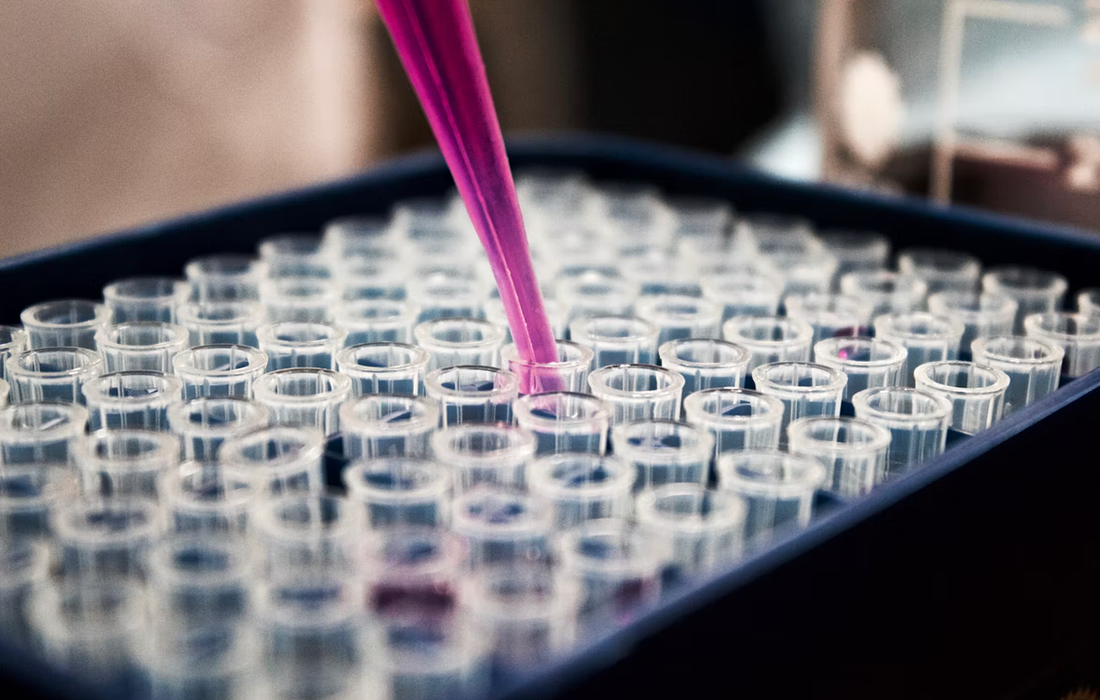Regenerative Medicine News and General Information
DNA Replication Speed Limit Could be a Breakthrough for Stem Cell Therapy
Adult cells in the body can only give rise to the same cell type. One example is skin cells, they cannot give rise to a muscle cell but to skin cells only. During early development the cells in the embryo can generate all cell types of our body, including stem cells. This capacity is called totipotency and has served as an inspiration for researchers to find new ways to recapitulate totipotency with cellular reprogramming.
Totipotency emerges in early embryogenesis, but its molecular underprints remain poorly characterized.
In a recently published study, researchers used DNA fiber analysis to investigate how pluripotent stem cells are reprogrammed into totipotent-like-2-cell-like-cells (2CLCs). The research appears in the journal Nature Genetics.
The researchers found that in totipotent cells, the mother cells of stem cells, DNA replication occurs at a different pace compared to other more differentiated cells, having a much slower replication compared to any other cell type.
DNA replication occurs when a cell divides and generates an exact copy of its DNA so that the resulting daughter cells carry identical genetic material.
According to the researchers their findings led to the question of what could happen if we manage to change the speed at which DNA replicates, and if it’s possible to improve the reprogramming of cells into totipotent cells.
The researchers found that slowing down DNA replication speed by limiting the substrate that cells use for DNA synthesis– it increases reprogramming efficiency, the rate at which cells can convert to another cell type.
The discovery is very important for future research towards regenerative medicine approaches according to Maria-Elena Torres-Padilla, the leader of the study.
Sources:
German Research Center for Environmental Health. (2022, Mar 7). DNA Replication Speed Limit Could Be a Breakthrough for Stem Cell Therapy. SciTechDaily. Retrieved from:
https://scitechdaily.com/dna-replication-speed-limit-could-be-a-breakthrough-for-stem-cell-therapy/
Nakatani, T., Lin, J., Ji, F. et al. DNA replication fork speed underlies cell fate changes and promotes reprogramming. Nat Genet (2022). https://doi.org/10.1038/s41588-022-01023-0
Image from:
Photo by Louis Reed on Unsplash

